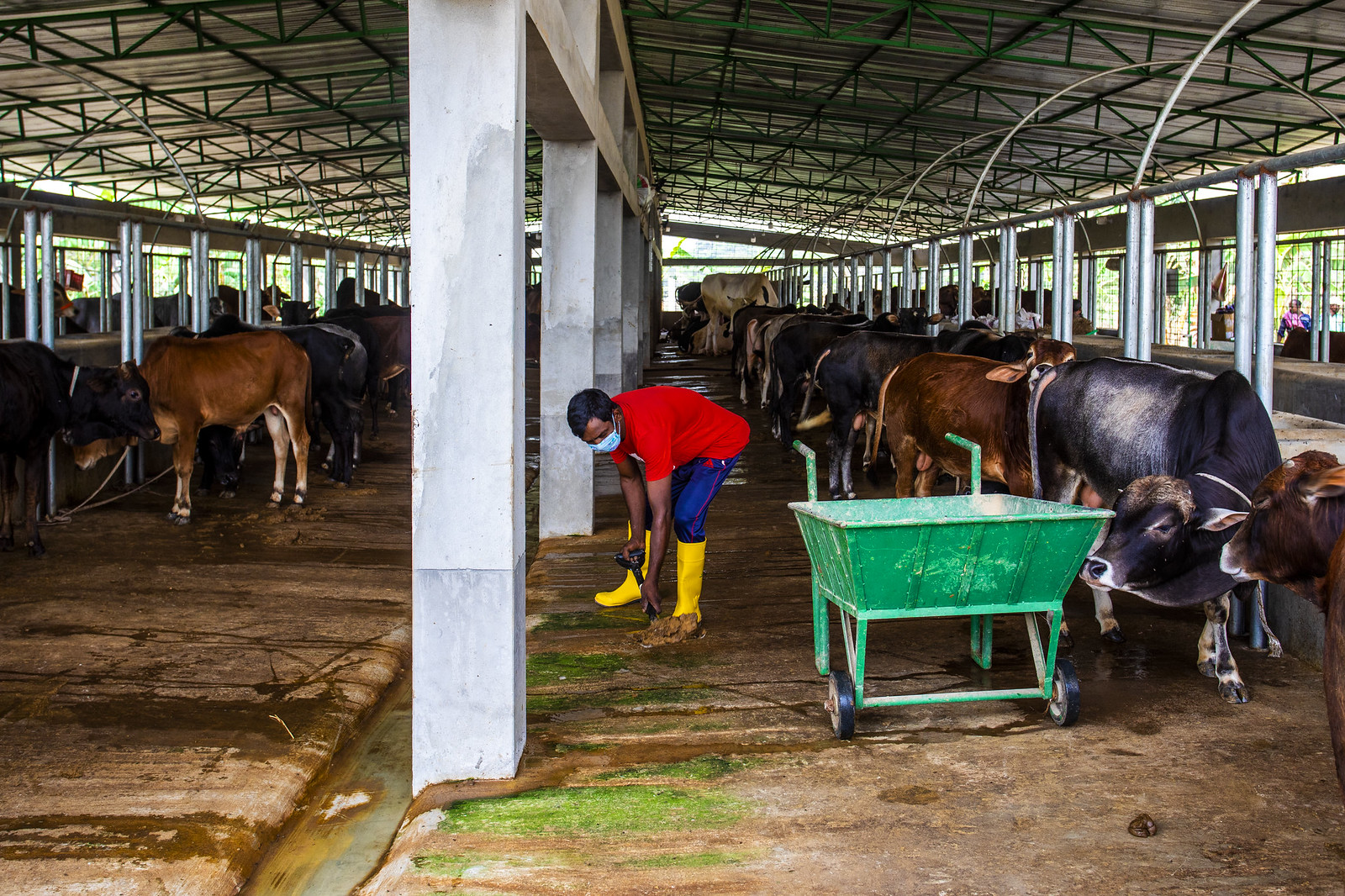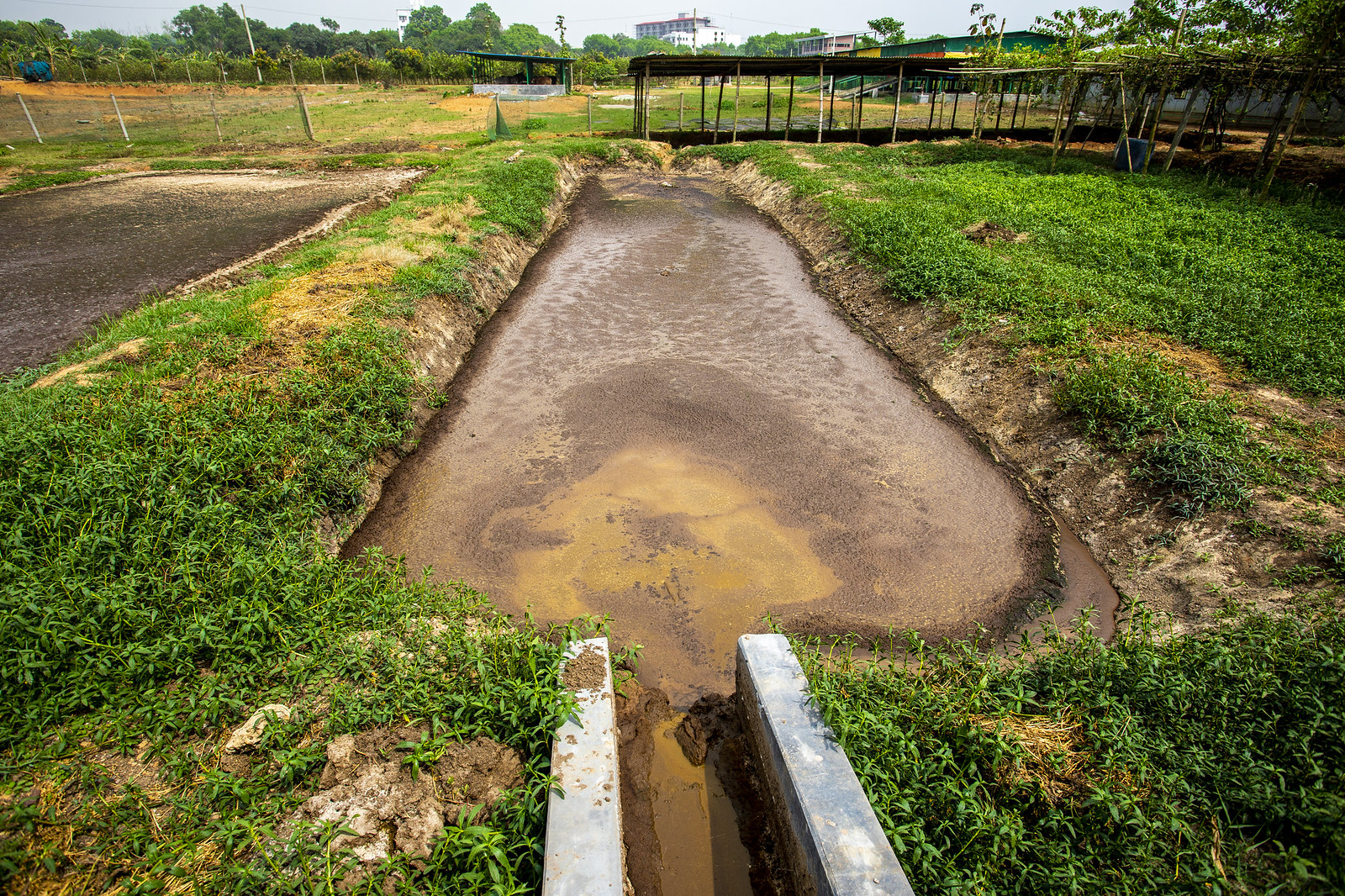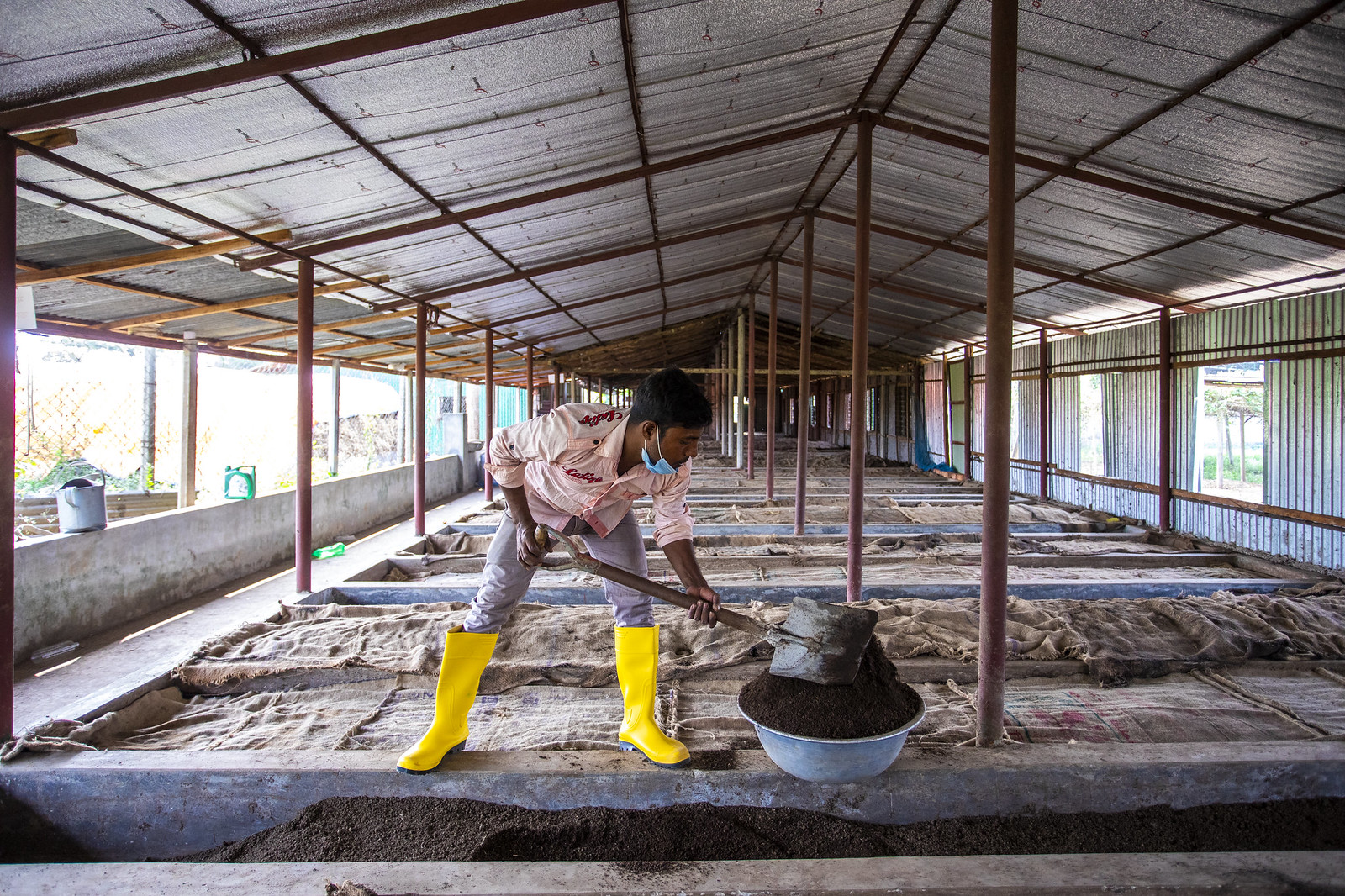Biogas is a renewable energy source produced through the breakdown of organic matter in the absence of oxygen. It’s primarily composed of methane (typically 50-70%), carbon dioxide (about 30-50%), and small amounts of other gases such as hydrogen sulfide and traces of water vapor.
How it’s produced:
Anaerobic Digestion: Biogas is generated through a process called anaerobic digestion. Microorganisms break down organic materials—such as agricultural waste, manure, sewage, food waste, or plant material—in an oxygen-free environment. This breakdown produces methane and carbon dioxide gases.
Digesters: These are the facilities where the anaerobic digestion occurs. There are various types, including batch, continuous, and plug-flow digesters. These systems facilitate the controlled breakdown of organic matter to maximize biogas production.
Use: Biogas can be used for various purposes. It can be burned for heat, used in gas engines to generate electricity, or processed to remove impurities, resulting in biomethane, a high-quality gas comparable to natural gas. This biomethane can be injected into natural gas pipelines or used as a vehicle fuel.
The importance of biogas lies in several key areas:
Renewable Energy: Biogas is a renewable source of energy as it is produced from organic waste materials that are constantly generated. It helps reduce dependence on fossil fuels and contributes to a more sustainable energy mix.
Greenhouse Gas Reduction: Biogas production helps mitigate greenhouse gas emissions. When organic waste decomposes naturally in landfills or agricultural systems, it releases methane, which is a potent greenhouse gas. By capturing and utilizing this methane as biogas, we can prevent its release into the atmosphere and reduce its impact on climate change.
Waste Management: Biogas production provides an environmentally friendly solution for managing organic waste. Instead of letting waste rot and release methane in landfills, it can be collected and used as a valuable energy source. This helps in reducing waste volumes, odors, and the need for traditional waste disposal methods.
Energy Generation: Biogas can be used for various energy purposes. It can be burned directly for heat or converted into electricity and used to power homes, businesses, and industries. Biogas can also be processed and upgraded to biomethane, which has similar properties to natural gas and can be used as a vehicle fuel or injected into the natural gas grid.
Rural Development: Biogas production can have a positive impact on rural communities. Small-scale biogas digesters can be installed on farms, providing farmers with a decentralized and sustainable energy source. It reduces reliance on traditional fuels, improves energy access, and can generate additional income through the sale of excess biogas or organic fertilizers produced during the digestion process.
Circular Economy: Biogas production is part of a circular economy model. It utilizes organic waste that would otherwise be discarded or left to decompose, turning it into a valuable resource. The by-products of biogas production, such as digestate, can be used as nutrient-rich fertilizers for agriculture, closing the nutrient loop and reducing the need for synthetic fertilizers.
Overall, biogas plays a significant role in promoting renewable energy, mitigating climate change, managing waste, and supporting sustainable development. It offers multiple environmental, social, and economic benefits, making it an important component of the transition towards a more sustainable and low-carbon future.













